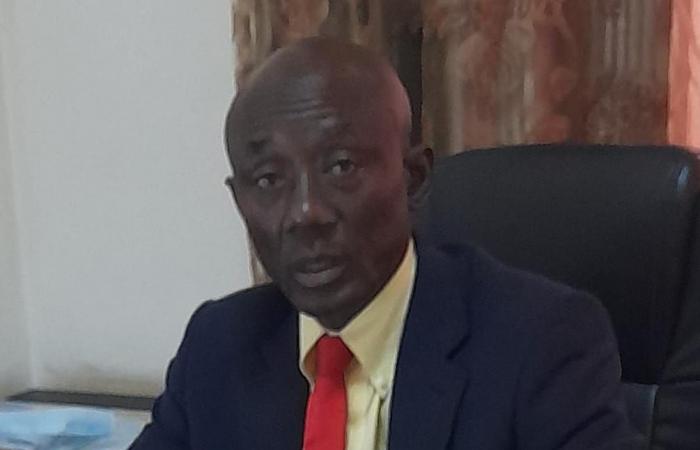Since his accession to the office of Prime Minister, Ousmane Sonko, in accordance with Article 55 of the Senegalese Constitution, should normally present his General Policy Statement before the National Assembly. However, a major problem persists: the internal regulations of the Assembly do not specify the precise modalities for this essential constitutional step.
This gap creates significant legal ambiguity, raising questions about the complementarity between the Constitution and the internal regulations of the Assembly. Although the Constitution generally prevails, the internal regulations are crucial in defining specific procedures and ensuring the regularity of democratic processes.
The Policy Statement is of paramount importance in a democracy, providing the government with a platform to outline its strategic objectives, policy priorities and commitments to citizens. This not only clarifies the country’s political direction but also strengthens democratic legitimacy by responding to expectations expressed during elections.
However, until the modalities for the application of Article 55 are clearly defined in the rules of procedure, the Prime Minister is not formally obliged to present his statement. This situation could compromise government transparency and accountability by delaying the implementation of essential public policies.
The need to resolve this dilemma is pressing. Several solutions are possible: the National Assembly could quickly develop and adopt internal regulations specifying the procedures and deadlines for the presentation and debate on the General Policy Declaration. This would clarify expectations and ensure compliance with Article 55 of the Constitution.
A consultation between the Executive and the Legislature could also be initiated to discuss the practical modalities of this constitutional obligation. A collaborative approach would foster consensus on the interpretation and effective implementation of this crucial provision.
As a last resort, a referral to the Constitutional Council could be considered to clarify the interpretation of article 55 and the legal obligation of the Prime Minister. A court decision would then be decisive in establishing a clear and binding standard.
It is imperative that the legislative framework surrounding the General Policy Declaration be strengthened in order to preserve the fundamental principles of the rule of law, the separation of powers and democratic transparency. Only a common commitment to clarifying these issues will ensure stable governance consistent with Senegal’s constitutional standards.
Dr. Tabouré AGNE*
National Secretary in Charge
Legal Affairs MTN/MOTNA
agnetaboure@yahoo;fr






